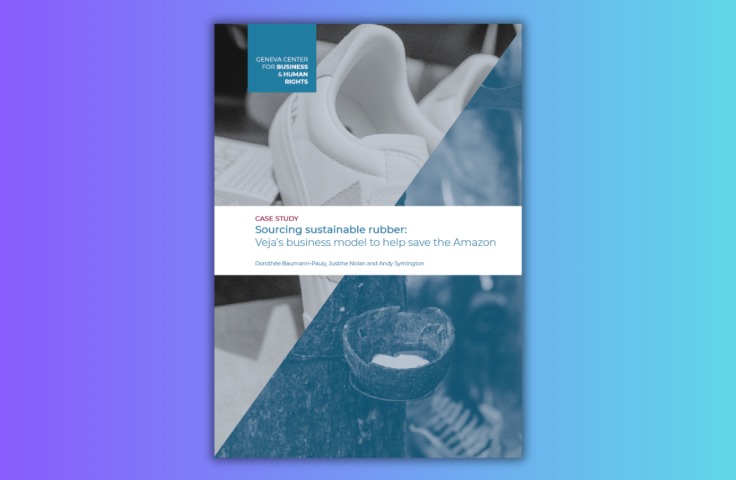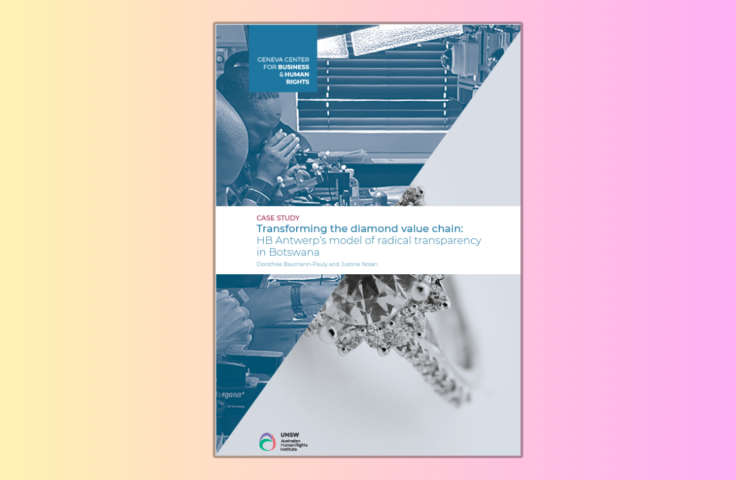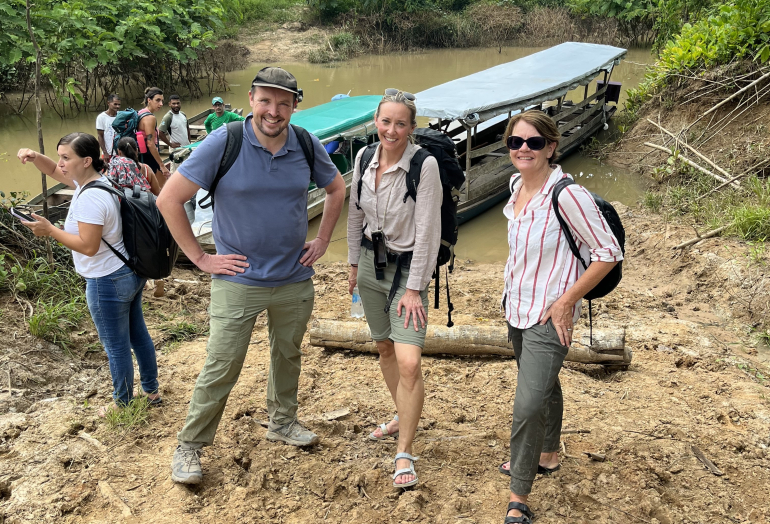What we are doing
- Building an evidence base of transformative business approaches that are scalable and replicable to aid just transitions and guide responsible business practices, including the design and implementation of HREDD.
- Supporting knowledge exchange with civil society and rights holders to build a common understanding of what ‘good’ looks like and facilitate evidence-backed corporate accountability.
- Enabling informed engagement with companies about responsible business approaches including effective HREDD practices.
- Informing sound policy development of HREDD guidance by regulators that is built from a common understanding of what business can and should do, and what civil society and rightsholders need.
How we are doing it
In identifying and analysing the potential of transformational business approaches, we are asking six key questions:
- What are the key components of a transformational business approach?
- What are the key barriers?
- What are the key drivers?
- How to scale and replicate transformational business approaches?
- How can progress be measured?
- What does HREDD look like when done well?
We need to urgently disrupt the business-as-usual approach. The focus of this project is not on identifying a ‘good’ company, sector, supply chain or entire business model. Rather it is focusing on specific business approaches to identify the techniques, strategies or practices that have the potential to transform (and disrupt) supply chains. Our goal is to ensure the lessons learned transcend sectors and examine how the key drivers and components that embody the transformational approach can be replicated.
Who we are
This research is led by the Australian Human Rights Institute at UNSW and the Geneva Center for Business and Human Rights at the University of Geneva.
Research team
- Professor Justine Nolan, Australian Human Rights Institute
- Professor Dorothee Baumann-Pauly, Geneva Center for Business and Human Rights
- Dr Andy Symington, Australian Human Rights Institute and KPMG Banarra
- Samuel Pryde, Australian Human Rights Institute
- Dr Berit Knaak, Geneva Center for Business and Human Rights
Andy Symington, Dorothee Baumann-Pauly and Justine Nolan in Acre, Brazil
Knowledge exchange partners
- European Coalition for Corporate Justice (ECCJ)
- OECD Watch
- Shift
- UN Global Compact Network Australia
How is this research funded?
This research is funded by the Laudes Foundation. We thank Laudes for their generous support.


